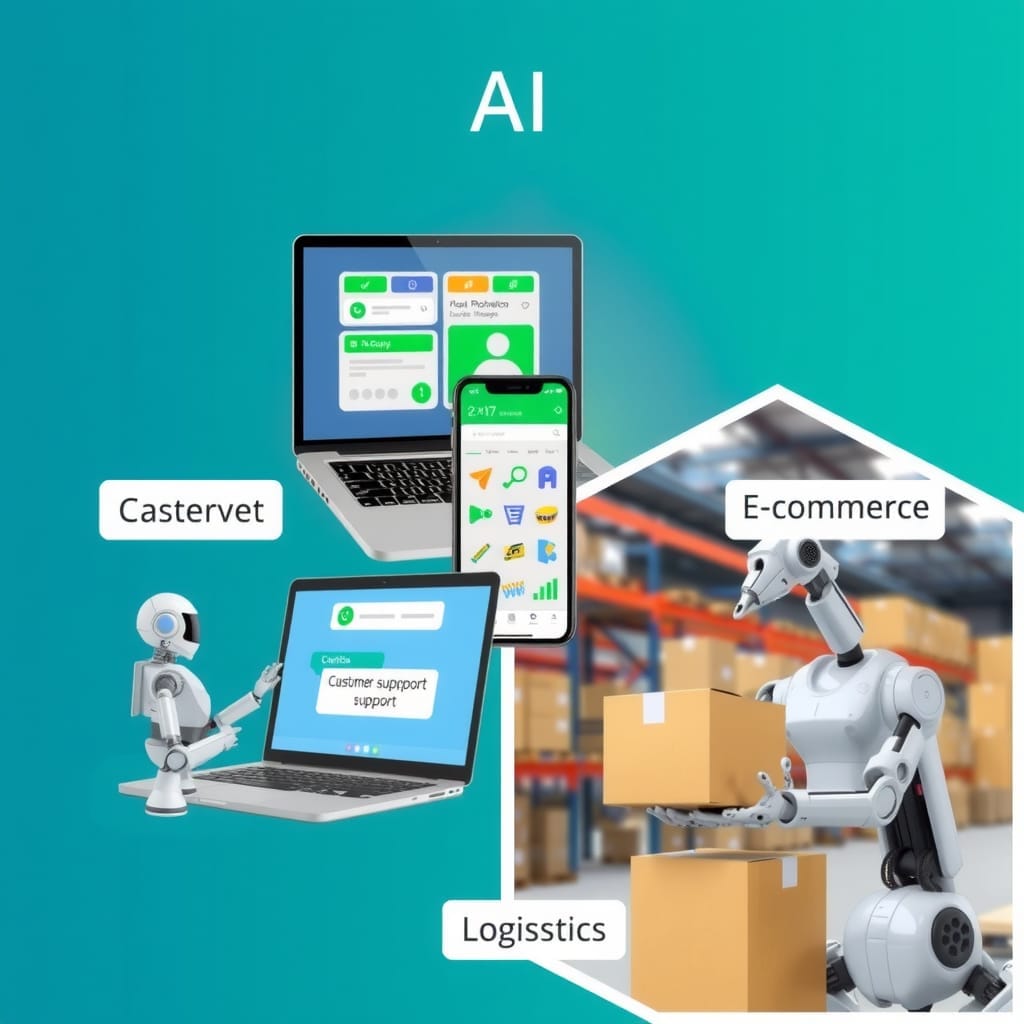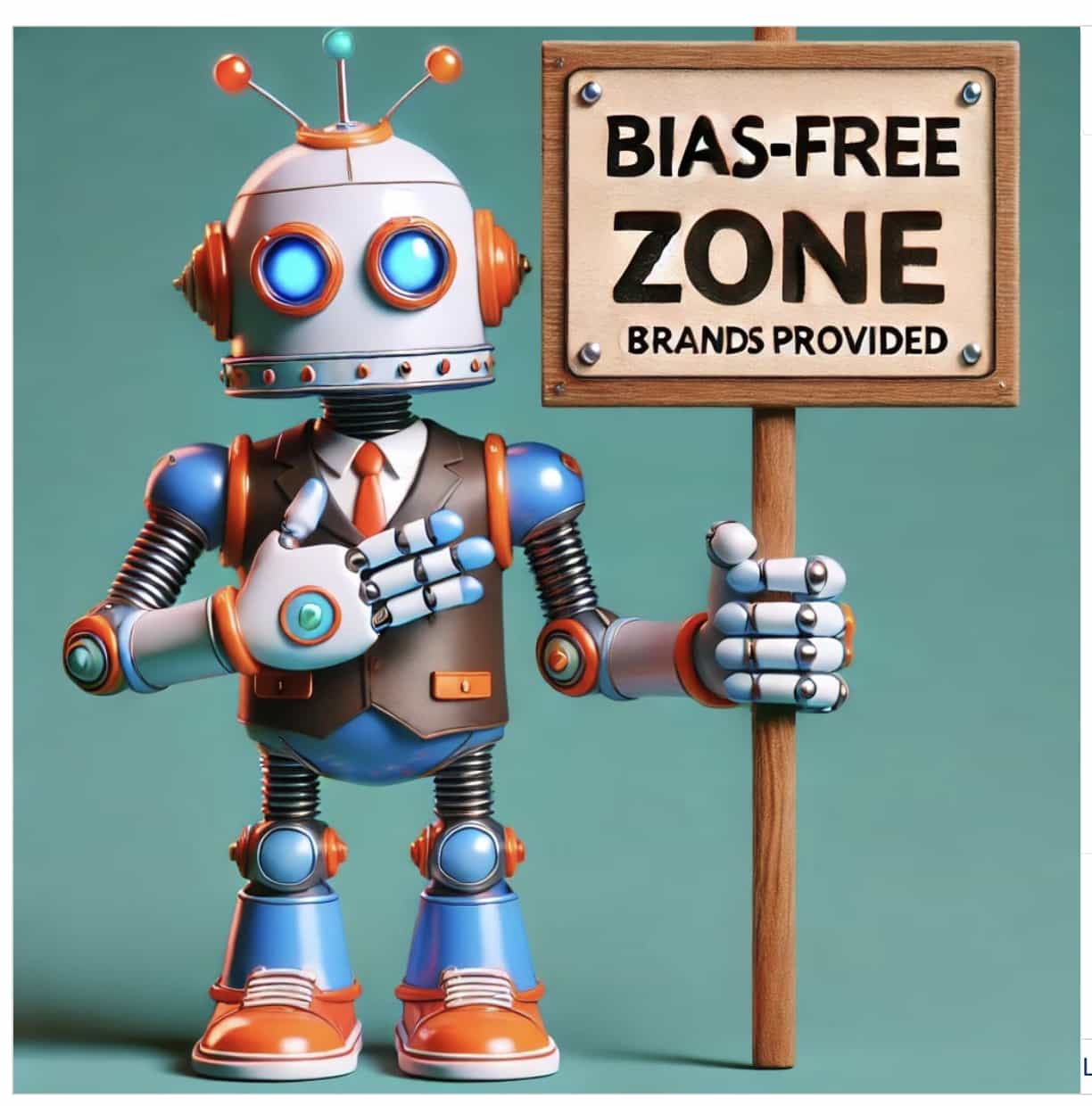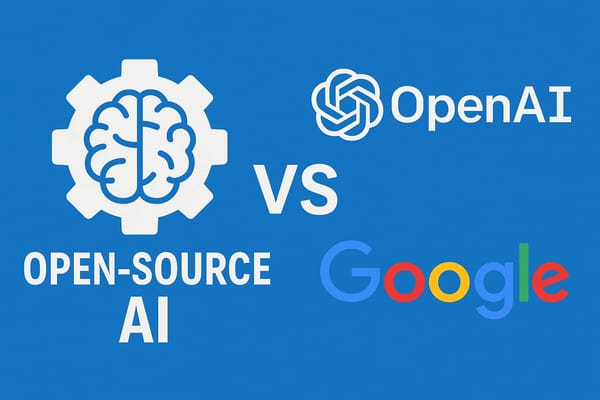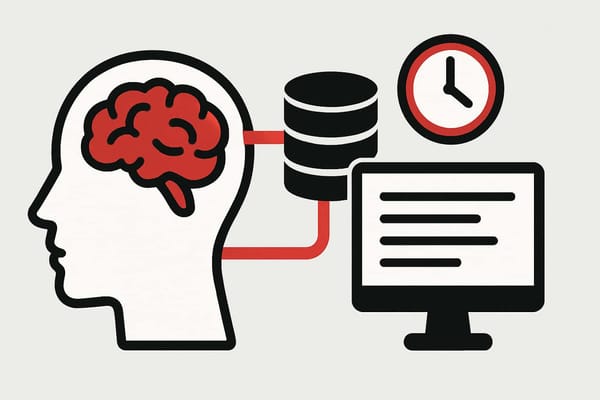Introduction
In 2025, AI agents are transforming enterprises by automating business workflows, personalizing customer experiences, and accelerating innovation. However, ethical challenges in AI including algorithmic bias, lack of transparency, and accountability issues pose serious risks such as loss of customer trust, regulatory penalties, and reputational damage. With increasing pressure from regulators and consumers for responsible and ethical AI, enterprises must adopt AI governance, bias mitigation strategies, and ensure transparency in AI decision-making. This article explores key challenges, shares real-world examples, and outlines actionable strategies for aligning ethical AI development with business success and long-term trust.
Business Advantages of Using AI Agents in 2025
AI agents are smart, autonomous systems built using advanced language models and machine learning. They’re quickly becoming a game-changer for businesses — helping automate tasks, make faster decisions, and create more personalized customer experiences.
Here’s how they’re adding real value:
- Automation at Scale: According to McKinsey’s 2024 report, AI agents are cutting manual work by 40–60% in industries like logistics, finance, and banking — saving time and money.
- Smarter Customer Engagement: Salesforce reports that AI chatbots and virtual assistants are boosting customer satisfaction by 25% through instant, personalized support.
- Business Scalability: AI agents can handle thousands of interactions at once, helping businesses scale efficiently without extra cost.
Real-world impact? A major bank now uses AI to approve loans 50% faster and has improved customer retention by 15%. In e-commerce, platforms like Amazon rely on AI recommendation engines, which drive around 20% of their revenue.
But here’s the catch: without ethical practices, all this progress can backfire. Bias in AI, lack of transparency, or weak data protection can damage trust and brand reputation. That’s why businesses must invest in responsible AI, focusing on fairness, compliance, and accountability.

Understanding Ethical Challenges in AI Agents
As AI agents become more powerful and widely used, ethical concerns like bias, transparency, and accountability are becoming key issues for both businesses and consumers.
- Bias in AI: Bias occurs when AI systems produce unfair or discriminatory outcomes due to skewed training data or flawed algorithms. For example, a hiring AI trained on resumes from a male-dominated workforce might favor male candidates, reinforcing gender inequality. This type of algorithmic bias can lead to significant reputational and legal consequences.
- Lack of Transparency and Accountability: Many AI models operate as "black boxes," offering little to no insight into how decisions are made. This lack of AI transparency creates challenges for both users and developers. When errors occur—such as a chatbot delivering harmful advice—there’s often no clear responsibility, highlighting the accountability gap in AI systems.
Real-Life Examples of Ethical Failures in AI
- Retail (2024) An e-commerce platform’s AI recommendation engine prioritized high-income users, alienating 30% of its customer base and resulting in a $10 million revenue loss.
- Healthcare (2023) A diagnostic AI system misprioritised patients from minority groups due to biased training data. The result: a 15% drop in patient trust and a $2 million lawsuit.
- Finance (2024) A loan approval AI agent unfairly rejected applications from low-income individuals, prompting a regulatory investigation and a €1.5 million fine.
Why These Challenges Dominate in 2025
In 2025, public awareness of AI ethics has surged due to growing media attention and the implementation of new regulatory frameworks like the EU AI Act. These concerns are no longer theoretical—they’re driving consumer expectations and legal scrutiny.
- A 2025 Pew Research survey shows that 70% of consumers demand ethical and transparent AI from businesses.
- There has been a 300% rise in AI-related lawsuits since 2023, making it clear that businesses must address ethical risks or face serious consequences.
Business Impacts of Unethical AI Agents
Unethical AI can lead to serious business consequences:
- Financial Losses: AI ethics violations cost companies an average of $5.2 million (2024 study), including lawsuits and lost revenue.
- Reputational Damage: 75% of customers would leave brands using unethical AI, according to a 2025 Forrester report.
- Regulatory Penalties: Violating GDPR, HIPPA or the EU AI Act can result in fines up to 5-7% of global revenue.
- Strategic Setbacks: Unethical AI weakens market share, as customers prefer transparent and fair alternatives.

Advanced Strategies for Mitigating Bias in AI Agents
To address bias, businesses must adopt robust strategies:
- Data Auditing and Bias Detection:
- Conduct regular audits of training data to identify biases (e.g., underrepresentation of minorities). A 2024 retail case reduced bias by 80% through data rebalancing.
- Use tools like AI Fairness 360 to detect bias metrics, improving fairness by 70% in a banking pilot.
- Fairness-Aware Algorithms:
- Implement algorithms like adversarial debiasing, which reduced gender bias in a 2025 hiring agent by 85%.
- Train models on diverse datasets, as seen in a healthcare provider’s 2024 diagnostic AI, improving accuracy for minority groups by 20%.
- Continuous Monitoring and Stakeholder Engagement:
- Monitor AI outputs in real time to detect biased patterns. A retailer’s monitoring system flagged 90% of biased recommendations in 2025.
- Engage diverse stakeholders to define fairness criteria, as a tech firm did, boosting user trust by 25%.
- Case Study:
- A global HR platform audited its AI hiring agent’s data and implemented fairness-aware algorithms, reducing bias complaints by 95% and increasing applicant diversity by 30%, enhancing its brand as an inclusive employer.

Comprehensive Strategies for Ensuring Transparency and Accountability
- Explainable AI (XAI) Frameworks:
- Use XAI tools like LIME to provide clear explanations of AI decisions. A 2025 bank’s loan agent explained 90% of rejections, improving customer satisfaction by 20%.
- Integrate user-friendly dashboards to display decision logic, as seen in a retail chatbot, reducing complaints by 40%.
- Governance Policies and Audit Trails:
- Establish AI ethics boards to oversee agent deployment. A 2024 fintech firm’s board prevented 80% of transparency issues.
- Maintain audit trails of AI decisions, enabling accountability. A healthcare provider traced diagnostic errors in 2025, mitigating $1 million in liability.
- User-Centric Design and Feedback Loops:
- Design agents with transparent interfaces, like a 2025 travel chatbot that disclosed recommendation criteria, boosting bookings by 15%.
- Implement feedback loops to refine AI behavior, as a retailer did, cutting biased outputs by 70%.
- Practical Example: A telecom company deployed XAI and audit trails for its customer service agent, reducing transparency complaints by 90% and saving €2 million in regulatory fines.
Business Case for Investing in Ethical AI Agents
- Cost-Benefit Analysis: Investing $1 million in ethical AI can prevent $5-10 million in losses from lawsuits and churn. A 2025 retailer’s $800,000 ethics upgrade averted a $7 million bias-related loss, yielding an 8.75x ROI.
- Strategic Alignment: Ethical AI supports goals like customer loyalty and compliance, critical for regulated industries.
- Market Leadership: Brands with ethical AI, like a 2025 bank with a transparent loan agent, saw a 20% market share increase due to trust.
Emerging Business Cases for Ethical AI
- Case Studies:
- E-Commerce (2025): A retailer implemented bias-free recommendation AI, boosting revenue by 15% and attracting 25% more diverse customers.
- Healthcare (2024): A hospital’s ethical diagnostic AI restored trust post-bias scandal, increasing patient volume by 18% and avoiding $3 million in fines.
- Fintech (2025): A startup’s transparent loan agent gained a 30% customer base increase, as ethical branding differentiated it in a crowded market.
- Regulatory Incentives: Compliance with the EU AI Act unlocks market access, with 60% of EU firms prioritizing ethical AI by 2026.
- Market Opportunities: Ethical AI drives partnerships, as seen in a 2025 tech firm’s $50 million contract with a government agency for fair AI systems.
- Predictions for 2026: Ethical AI certification programs will emerge, with 80% of enterprises adopting them. Blockchain-based transparency logs will gain traction, and consumer demand for ethical AI will grow by 40%, per Gartner.
Conclusion: Ethical AI Is a Competitive Advantage
AI agents are transforming industries, but ethical challenges like bias, lack of transparency, and accountability can limit their impact and damage business value. Real-world failures in retail, healthcare, and finance highlight the risks of ignoring AI ethics.
The solution lies in adopting responsible AI practices—from data auditing and explainable AI (XAI) to strong governance frameworks. These strategies are already proving effective, delivering real ROI, improving customer trust, and ensuring regulatory compliance.
In 2025 and beyond, companies that lead with ethical AI won't just avoid risk—they’ll drive innovation, win consumer confidence, and stand out as market leaders. Now is the time to act—because building trustworthy AI systems is no longer optional, it's a business imperative.




